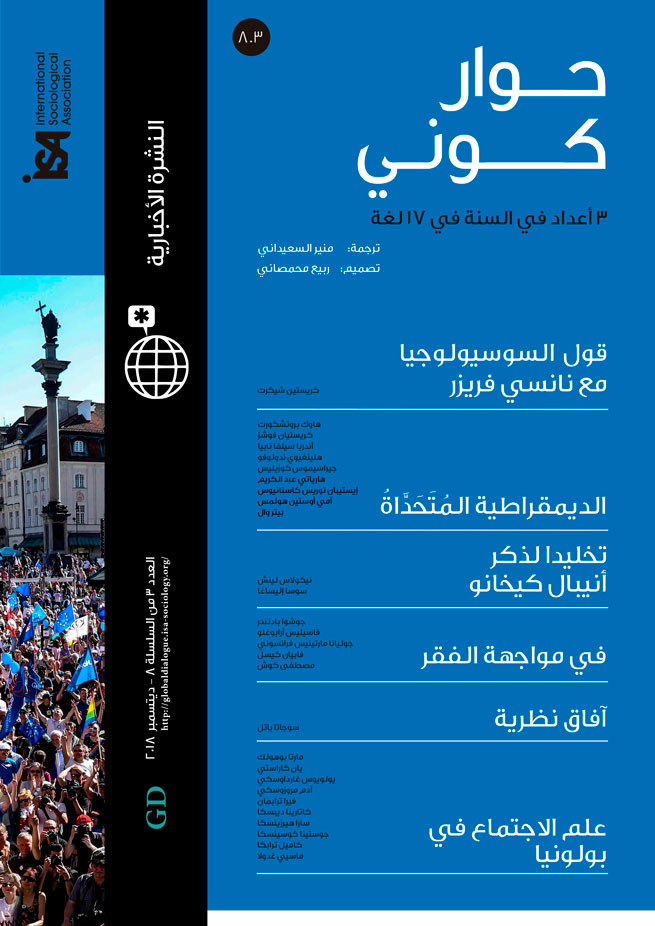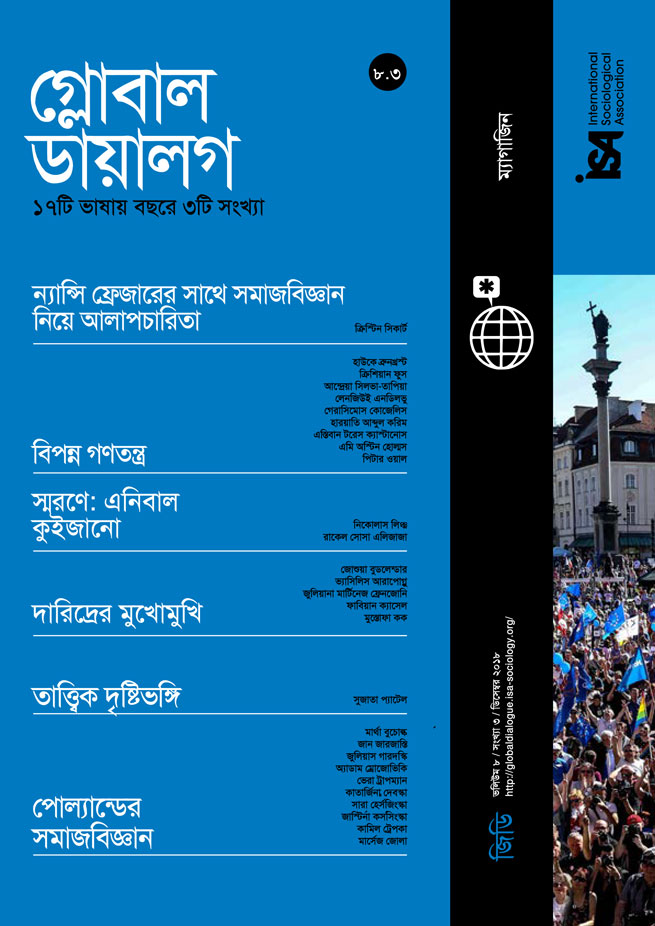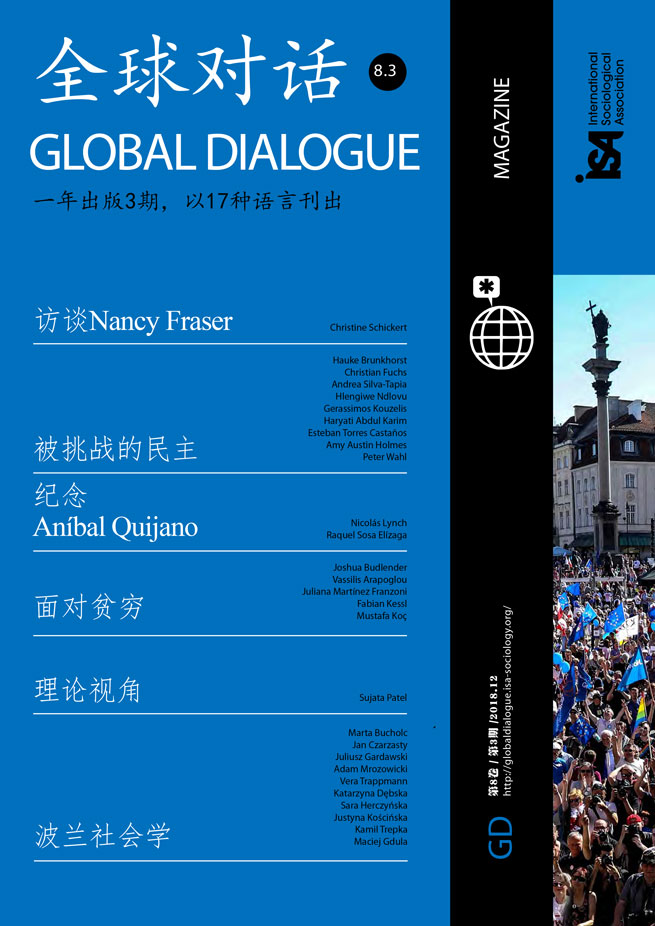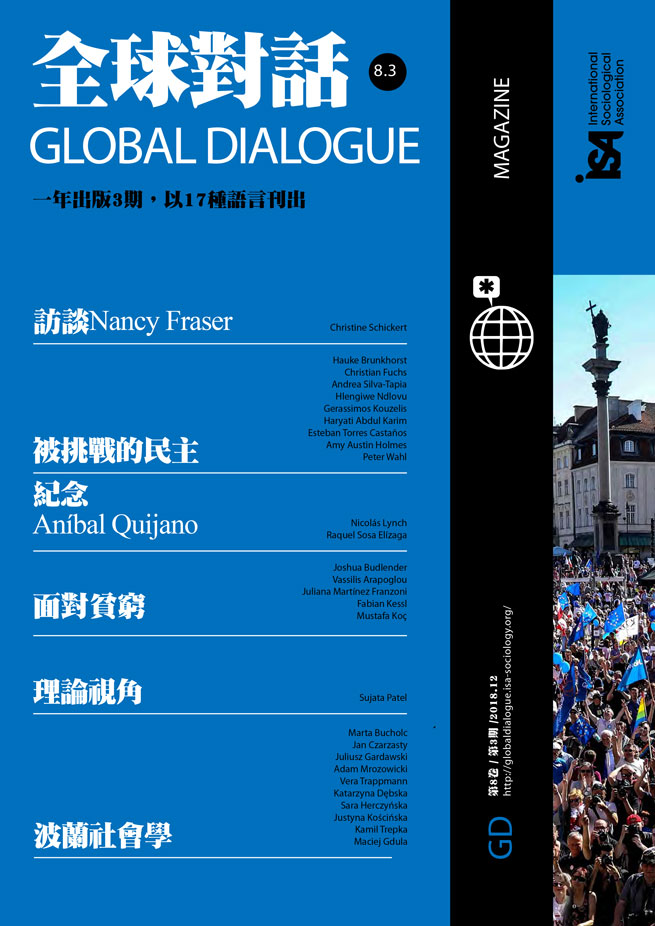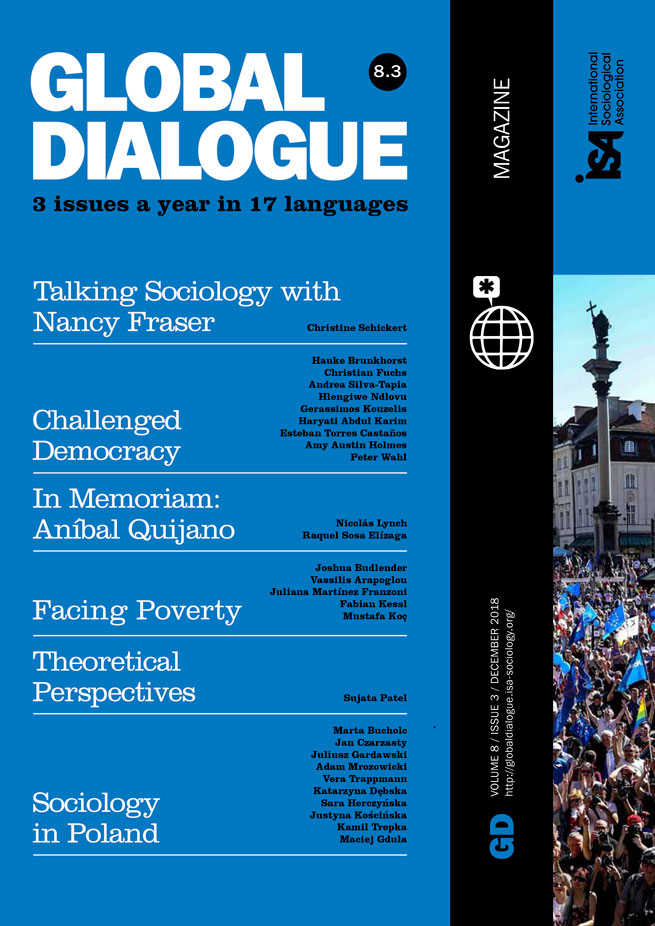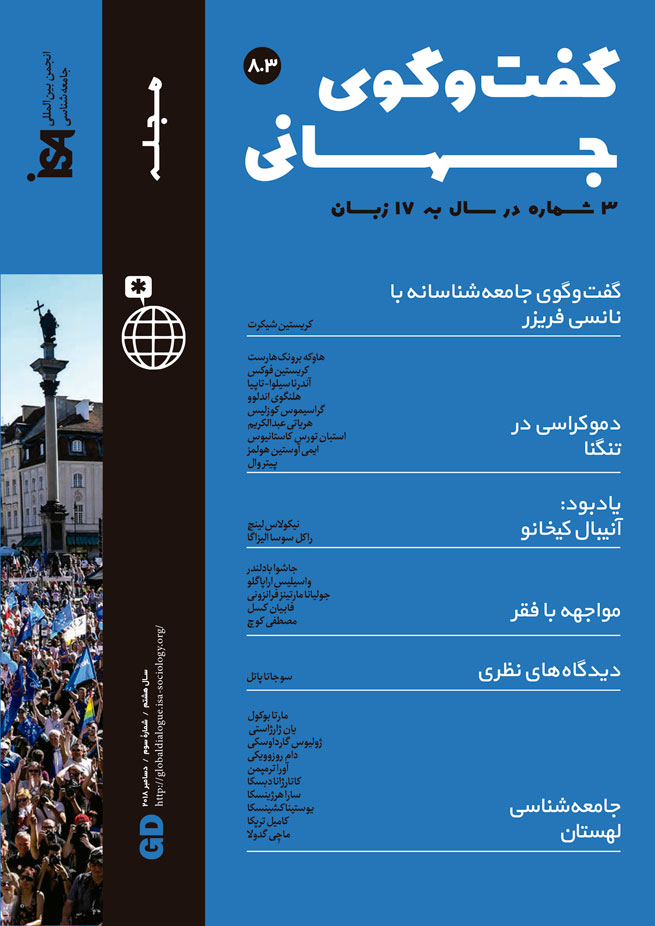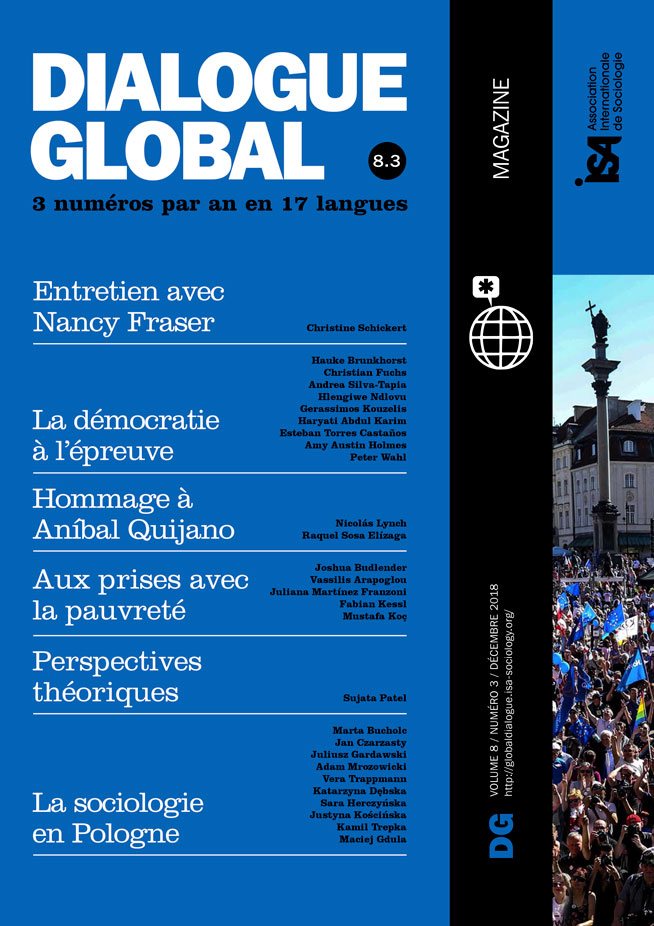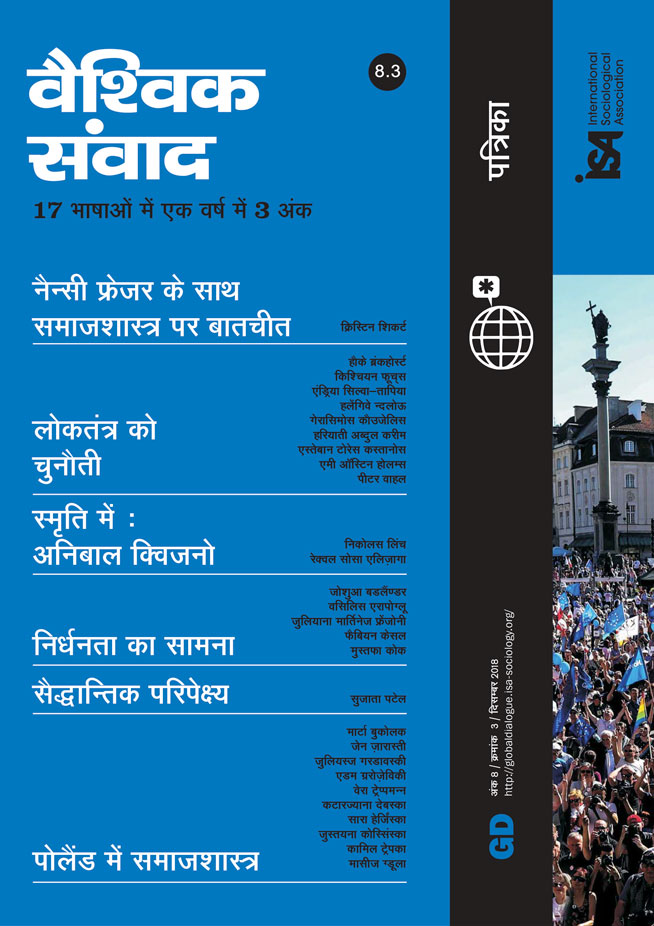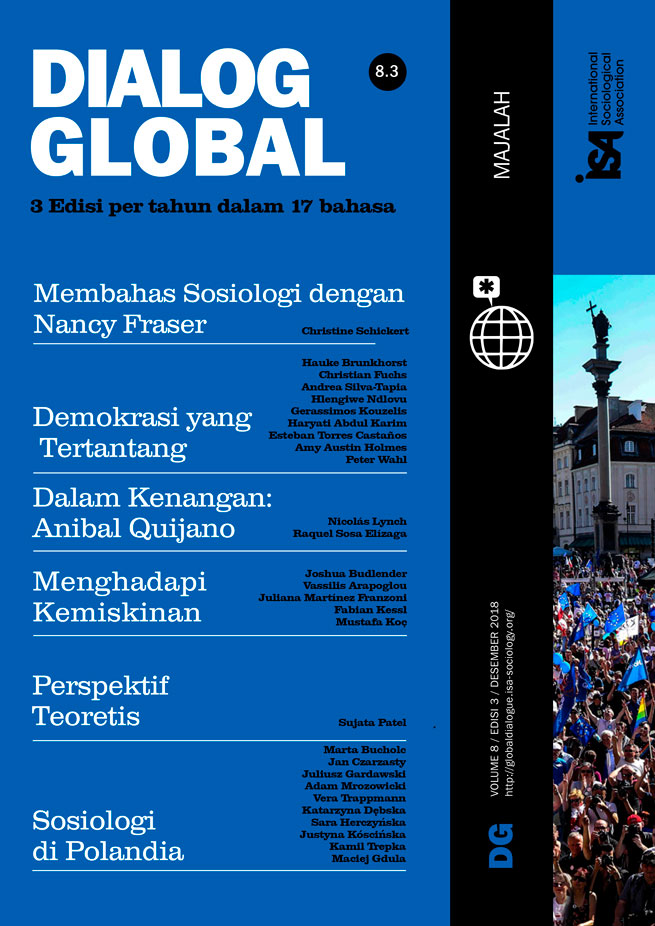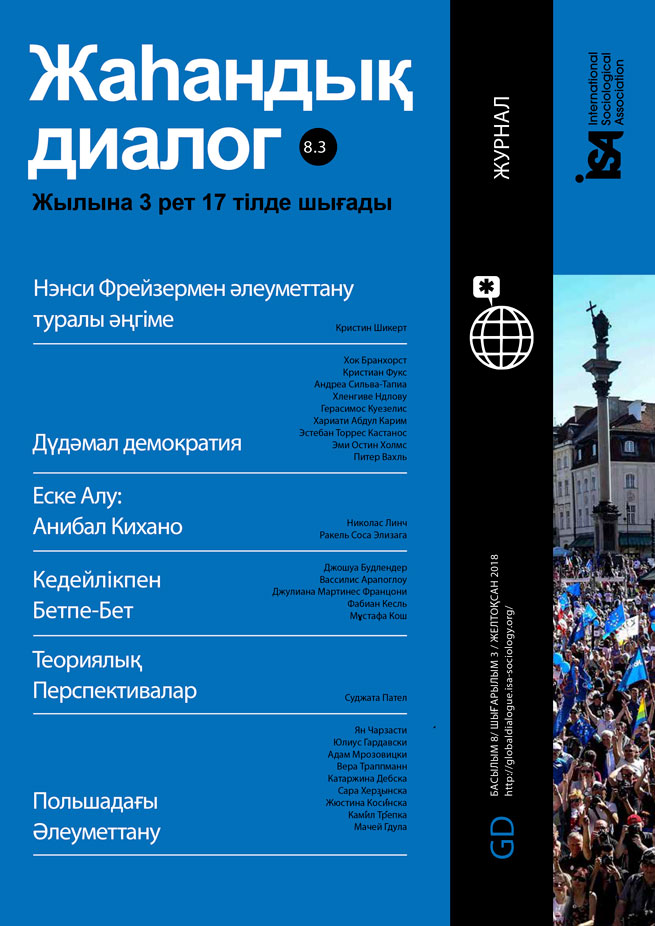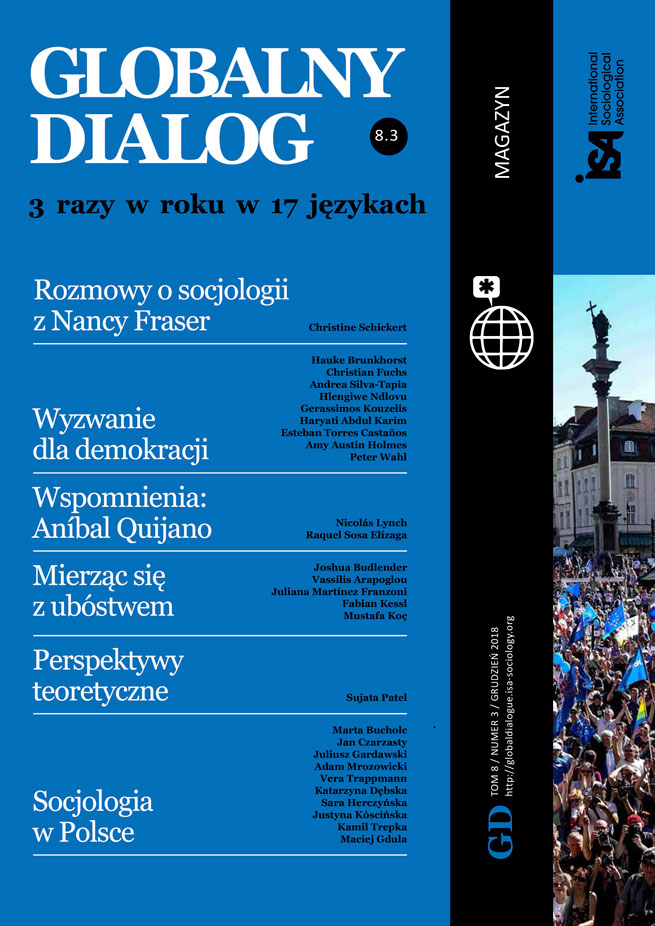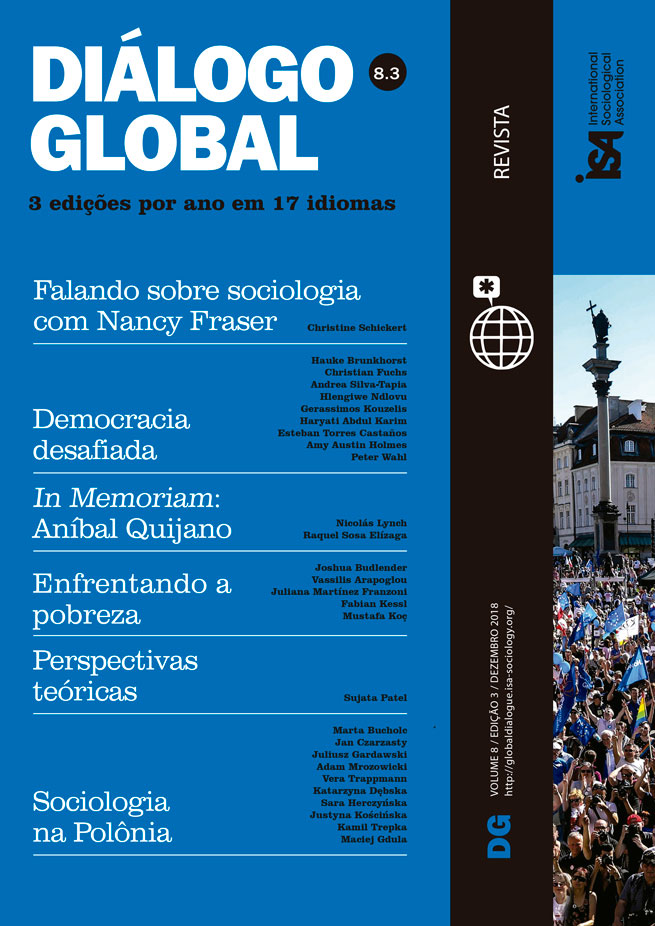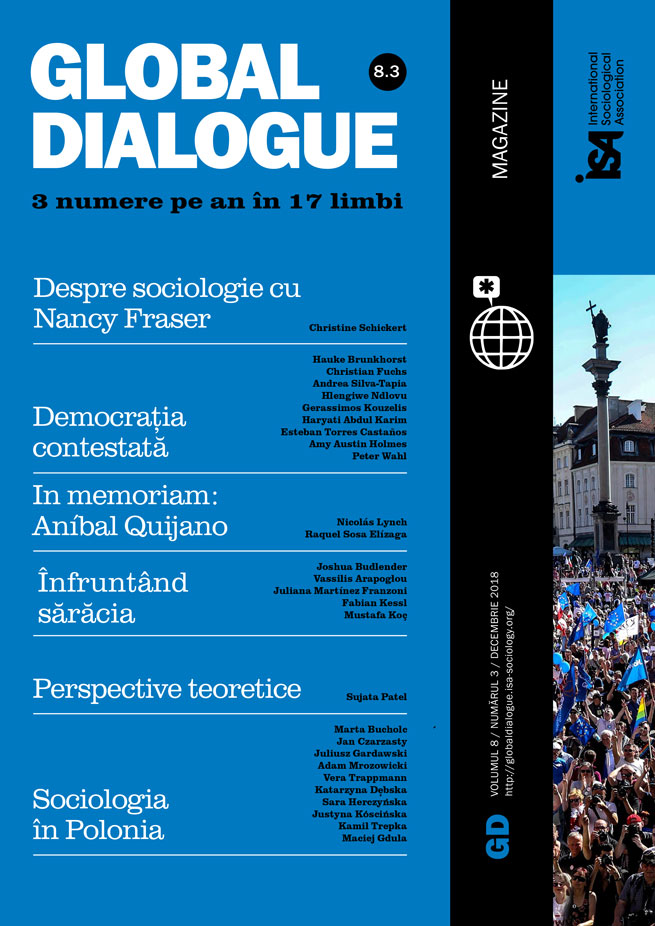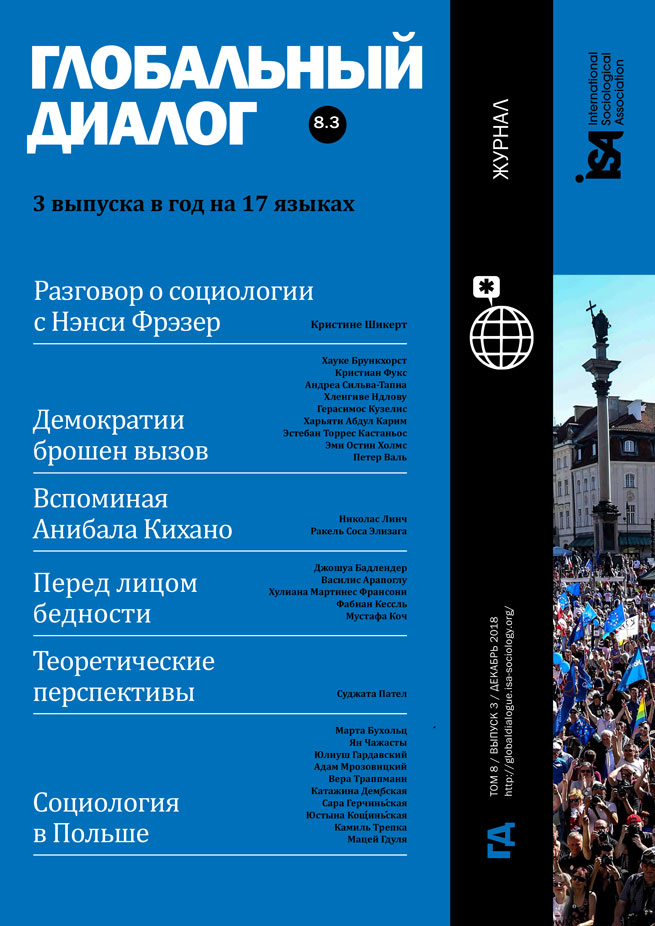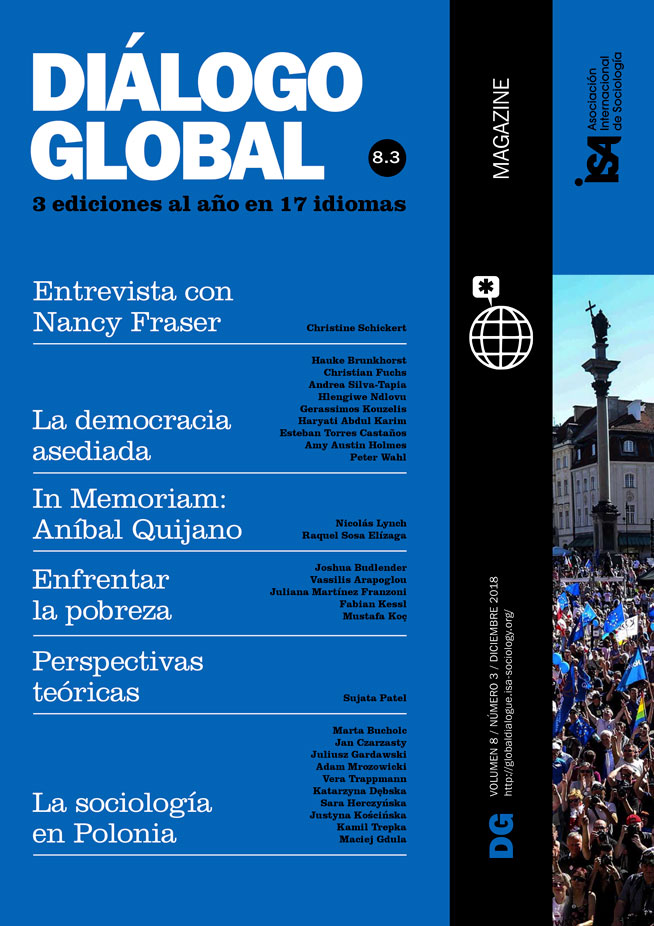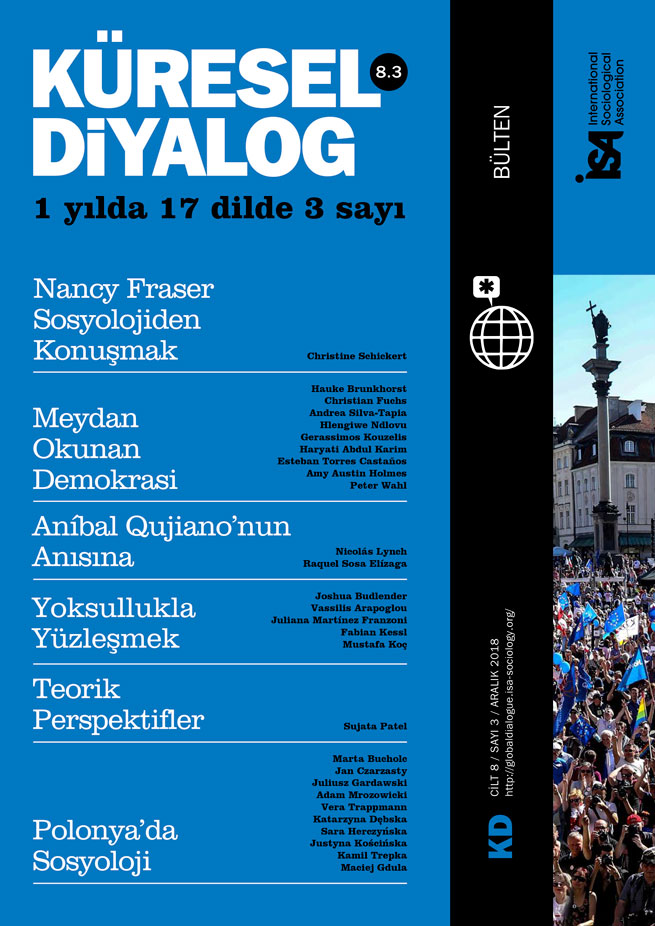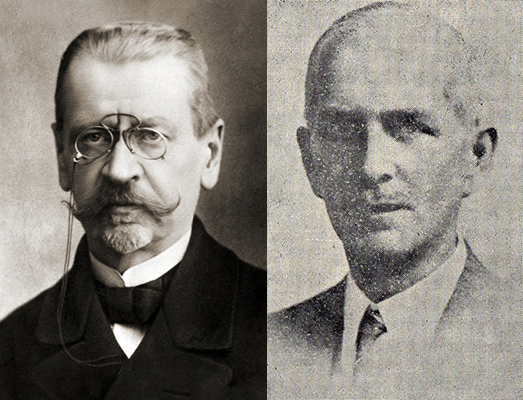The history of sociology in Poland was from the very beginning marked by the tension between international consequentiality and local engagement. The tension is hard to negotiate, because it touches on the deep foundations of its disciplinary identity and translates into research, theorizing, institutional, and biographical strategies.
The persistence of the tension is partly due to the fact that academic sociology in Poland was essentially a foreign import. Even though there was much original social thought in former Polish territories in the late eighteenth and nineteenth centuries (the country itself did not exist in any form for the best part of this period), it was usually private science. When the process of institutionalization of sociology began almost at the same time in many countries, new science quickly started to develop along a few distinct lines. These were marked by the circulation of knowledge and mutual entanglements of what is often referred to as national sociological traditions. Retrospective nationalizing of social science makes it difficult to assess the contribution of such authors as Leon Petrażycki or Ludwik Gumplowicz. Their highly original concepts corresponded to the interplay of local cognitive and political interests in their surroundings, but they also reflected their participation in the transnational scientific community. On the other hand, the impact of scholars from Central and Eastern Europe on the development of social science as a whole was disproportionately large exactly because the barriers of access to the scientific networks of imperial Europe before 1918 were comparatively low.
This dual experience of having a vested interest both in locality and in transnational scientific networks was also the lot of early Polish academic sociologists educated in the West, notably Florian Znaniecki and Stefan Czarnowski, whose activity developed in the re- created Polish nation-state. By then, Western sociology was universalized: a new science, new thinking style, new path of career, new intellectual fashion, and an appreciated ally in policy-making. An obvious additional incentive for craving a piece of all this novelty was that absorbing it maintained a communication channel with the West. The whole nineteenth century in Polish culture can be told as a story of a quest for belonging which would transcend the boundaries of locality. Becoming a sociologist was one way to accomplish this goal.
While the first generation of Polish academic sociologists in the 1920s and 1930s accepted the universality of Western sociology as a stock-in-trade, for their successors it was no longer such a simple matter. In the dark times of World War II and Stalinism, the link to the international community was cut and the problem of belonging and consequentiality as opposed to parochiality and marginality presented itself very sharply. When Polish sociology reopened to the world in the 1950s, the strategy of belonging had to be refined. Fortunately, it turned out that Polish society under socialism was fascinating for the West, and bridging the two worlds became a mission of sociologists – the most cosmopolitan and West-oriented among social scientists – who enjoyed quite a lot of freedom compared to those in other countries of the Eastern Bloc. For more than three decades, the best way to belong was to be eclectic in theory (with a strong influence of home-made Polish Marxism, far from Soviet standards) and locally-oriented in research. The West would readily forgive clumsy English, odd academic writing, gaps in theoretical formation, and often rather crude methodology, because at the time it was so very welcoming to the surprisingly civilized strangers from the Wild East. If there was any point in the twentieth century that Polish sociology was orientalized in the meaning of Edward Said, it was probably then. On the other hand, some sociologists, to mention just Stanisław Ossowski, managed to practice the skill of belonging to two worlds at the same time.
This tendency – where by virtue of being a Polish sociologist one could automatically claim universal validity and international consequentiality – saw its culmination in the 1980s. This was because Polish locality, with the hallmark of “Solidarność,” was so obviously universally important. It was also theoretically inspiring and empirically challenging. But the effect of novelty was quickly consumed. Fortunately, in less than ten years, a new chance to claim international consequentiality came with the systemic transformation: after 1989, everyone was interested in it, even though Poland was only a fellow traveler of other post-socialist countries, not a type of society in its own right.
In a manner of speaking, Polish sociology should be grateful for the recent democratic backslide in the country. The year 2015 revived the withering interest in Polish transformation. Abroad, we are now asked what went wrong after 1989, and by answering this essentially local question we are again able to contribute to the general debate on the crisis of democracy and the rule of law, cultural wars, and populist counter-revolutions. Our locality is once more worth everybody’s while.
But let us assume that the antidemocratic backlash can be dealt with and political stability restored, and that Polish society reenters the phase which it seemed to have reached after 2007: uneventful stabilization. What will we engage in then? Polish sociology was, up until now, largely a science of a self-proclaimed abnormal society, a self-inflicted researcher of both real and imaginary deviations. We have fed on Polish exceptionalism, but one thing we should really wish for our society is that it should finally cease to be an exception. This, however, would mean that we will have to find other ways to cope with the one hundred-year-old imperative of being universally important.
The challenge is not trivial. The old pressure on international consequentiality rooted in the ethical dilemmas of the nineteenth-century intelligentsia has gained some unexpected support from the neoliberal management of science and higher education, which the current national-conservative government smoothly took over from its liberal predecessors. In my book Sociology in Poland: To Be Continued? (2016) I argued that coping with the tension between international consequentiality and local engagement was the only way for Polish sociology to survive and to matter. Resistance to the allure of the sometimes fictional rewards of universal consequentiality is as important a means to this end as is a sober realization that our own society is not important for us because it is unique for others.
(The author acknowledges the support of the Polish National Science Centre.)
Marta Bucholc, University of Bonn, Germany and University of Warsaw, Poland <mbucholc@uni-bonn.de>




